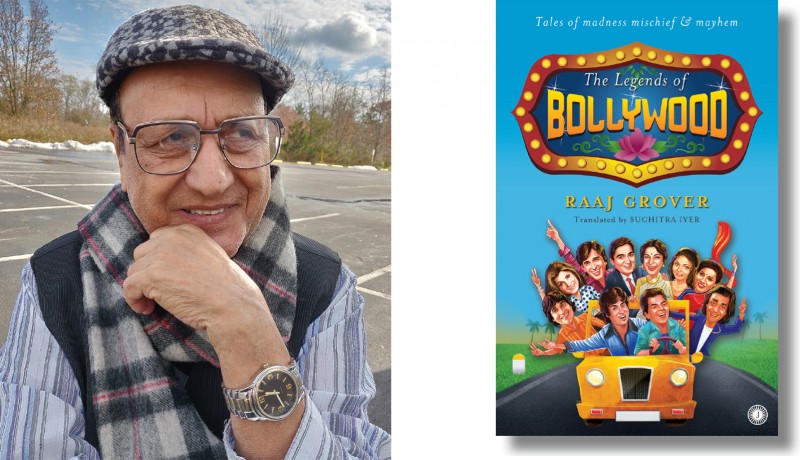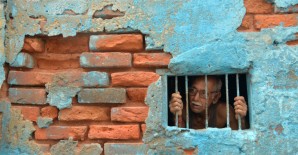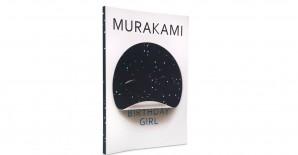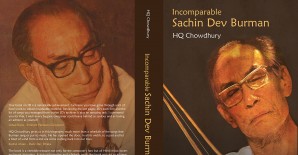
Etcetera

As a 17 year-old, this young short story writer from Delhi was handpicked by veteran actor Balraj Sahni to assist his theatre group in Bombay. Later, Sahni introduced Raaj Grover to director Krishan Chopra, who took him under his wing. As Chopra’s chief assistant on Heera Moti, Char Diwari and Gaban, he learnt the ropes of the trade.
In the meantime, he caught the eye of Sunil Dutt, the lead actor of Gaban. Dutt anointed him production-in-charge of his production house, Ajanta Arts. Grover went on to helm many films for Ajanta Arts including Yaadein, Man Ka Meet, Reshma Aur Shera and Nehle Pe Dehla. Incidentally, Reshma Aur Shera marked the debut of Amitabh Bachchan. Later, as an independent producer, Grover produced Taaqat with Vinod Khanna, Rakhee and Parveen Babi in the lead and Thikana, directed by Mahesh Bhatt and starring Anil Kapoor, Amrita Singh and Smita Patil.
A poet at heart, the 81 year-old Grover is known for his joie de vivre. His book The Legends of Bollywood (Jaico; ₹ 399; 269 pages), originally written in Hindi and Urdu, and translated by journalist Suchitra Iyer in English, is replete with memorable anecdotes from the Mumbai film industry. Grover, who currently lives in New York with wife Shashi, children and grandchildren, shares some starry tales over an email interview with Srirekha Pillai. Excerpts:
You have spent many years in the Mumbai film industry. What is your major takeaway?
The major learning for me has been that ‘humanity’ is the only religion in Bollywood. Irrespective of your race, religion, caste and job, everybody is equal. Whether you are an actor or spot-boy, the only thing that matters is your love, dedication and sincerity towards your job.
In your memoirs, you gush about the love between Nargis and Sunil Dutt….
They were, indeed, the ideal couple—madly in love with each other. Bhabhiji’s love for Dutt saab contained a little tadka of fun. For instance, she used to add extra onion and garlic when he had to shoot romantic scenes. On the other hand, Dutt saab’s love for her was so intense and respectful that, many a time, I have been witness to bhabhiji getting emotional and teary. When she was admitted to Sloan Kettering Hospital in New York for 10 months, Dutt saab left work to be a constant presence by her side. She was so moved by his selfless dedication that she told him, “How much ever I thank the Lord for bringing you into my life as my husband, it will never be enough.”
You’ve written about Amitabh Bachchan’s struggler days in Bombay. To what would you ascribe his longevity in films?
When I met him for the first time for an hour or so at my cousin sister’s house in Calcutta, I found him simple, shy and a little short of words. But, even then, Amitabh was certain he wanted to make a career in acting. I would say the qualities that have made Amitabh the Big B of Bollywood are his punctuality, hard work, professionalism and love and respect for elders.
Can you name one person who was completely unaffected by stardom?
That has to be Balraj Sahni. He has a special place in my life. Balraj’s father Harbans Lal Sahni and my father Dina Nath were neighbours and good friends in Delhi. Balraj had been my main benefactor when I was in Bombay. He had read one of my stories, School Bus Driver, published in a popular Urdu magazine. He told my father he would take care of me and took me with him to Bombay. I stayed at his house for about a year. As I was fluent in Hindi, Urdu and English, he helped me join film director Krishan Chopra as an assistant director. He and his wife Santosh even arranged everything for my wedding and reception.
You’re pretty close to Manoj Kumar, whose memoir you’ve penned.
Hari Krishan Goswamy was a good-looking, dashing boy from old Rajinder Nagar in Delhi. While studying at Salwan School, he fell head over heels in love with a beautiful and charming young girl, who was a student of Lahore Montessori School in Karol Bagh. This was before he acquired his screen name, Manoj Kumar. Though he became a big star, Manoj married his first love, Shashi. Manoj still tells everyone he earned his first rupee in the industry because of his friend Raaj Grover. Incidentally, I had introduced him to my filmmaker friend Homi Sethna, who signed him for Gangu Teli, a documentary for which he was paid ₹ 1,000.
In The Legends of Bollywood you talk about Manoj Kumar’s homeopathic skills.
Manoj went to K Prehlad, a close relative of mine, who was a popular homeopathic doctor in Bombay, for some health issue. Manoj was so happy with the treatment that he became Prehlad’s student. Manoj also learnt from popular actor Ashok Kumar, who was also well-versed in homeopathy. It goes to Manoj’s credit that he became so proficient in the science later that, along with others in the film industry, Ashok Kumar used to turn to him for homeopathic cure.
Your recollection of Shashi and Jennifer Kapoor exudes wit. Can you share some lighter moments with them?
Shashi and I used to openly discuss family, films and politics. He would often say 90 per cent of husbands are henpecked and the rest are liars when they say they are not! He would also add that the entire Kapoor clan belonged to the second group! Though Shashi was fit in his younger days, he put on some weight later. When I asked him about it, he said, “It is in the Kapoor genes. After 40, our bums become enlarged, as we religiously stick to our daily routine of eating and acting. During lunch, we Kapoors discuss what to have for dinner, and during dinner we discuss next day’s breakfast!” On another occasion, when I told Shashi my wife (Shashi) had gone to Delhi, he said, “So, should I come over? What difference will it make? My name is also Shashi!” This was followed by rapturous laughter that was characteristic of him.
Besides the Dutts and Manoj Kumar, what are the other friendships in the industry you value the most?
I cherish my friendships with Vinod Khanna, Rakhee Gulzar, Dharmendra and Prakash Mehra.
You’re an octogenarian, yet your lust for life remains unabated. What’s your motto?
At 81 years of biological age, I feel cheated by the last digit ‘1’, which has jumped to the wrong side of the number 8! In spirit, I feel only 18. I feel age can’t make one feel old because that is just a number. What matters is how you feel about life. If you feel good about yourself and others, you are young! There’s this joke between my friends and I; when they call me over the phone, they greet me by saying, “Hello, Raaj Grover—never over.”
Photo: Jignesh Patel Featured in Harmony — Celebrate Age Magazine December 2018
you may also like to read
-
Cracking the longevity code
Small yet impactful choices can be game-changers, writes Srirekha Pillai At 102, there’s no stopping Chandigarh-based Man Kaur, the world’s….
-
Home, not alone
While a regulatory framework is vital for senior-care facilities, the need of the hour is to develop an ecosystem to….
-
Birthday Girl
Published in a special edition to honour Japanese master storyteller Haruki Murakami’s 70th birthday, Birthday Girl (Penguin; Rs 100; 42….
-
A huge treat for music lovers
Published as the revised and updated second edition, Incomparable Sachin Dev Burman (Blue Pencil; Rs. 599; 470 pages) the authoritative….







